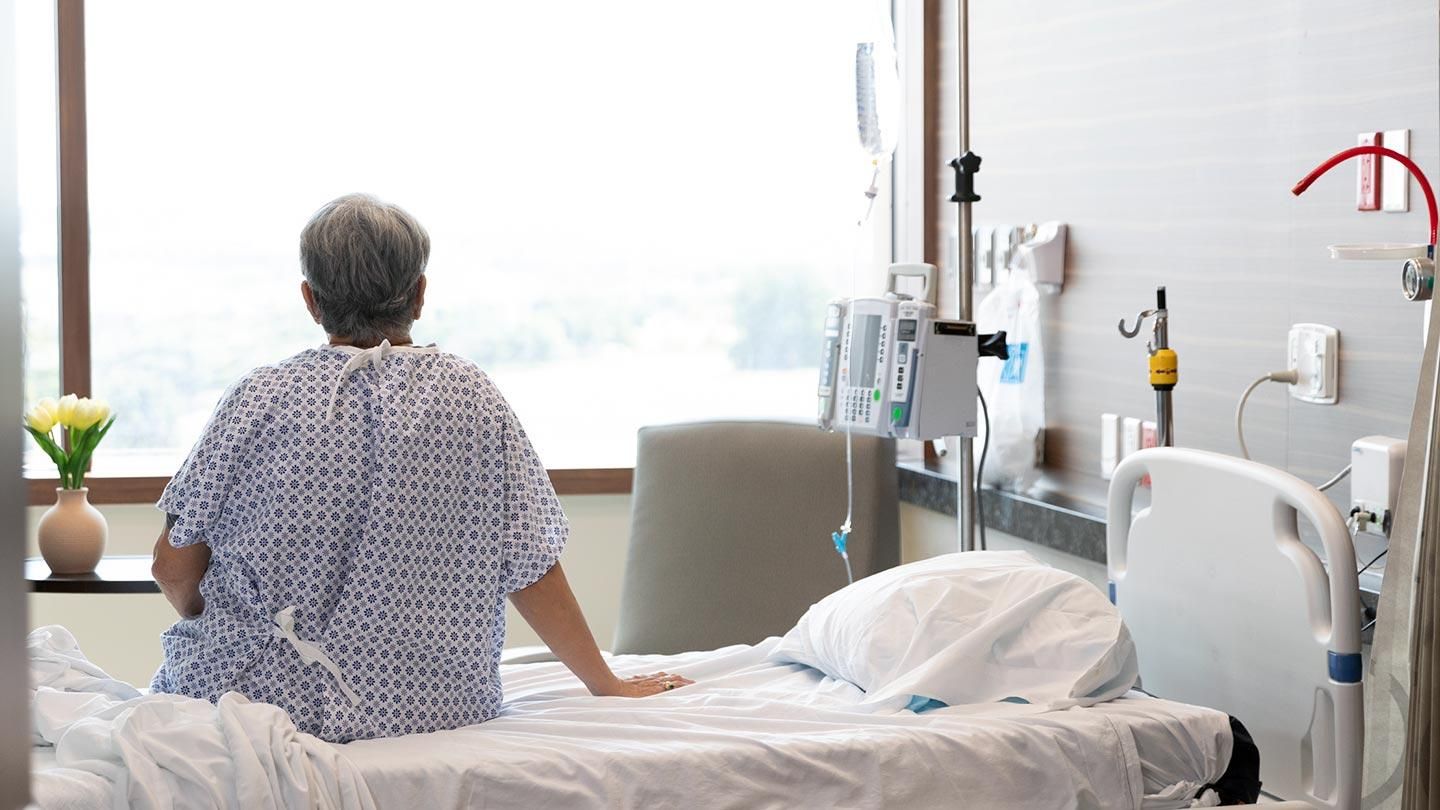
The term patient-reported outcomes (PROs) refers to a health outcome directly based on patient self-reporting. PROs are a key aspect of clinical trials and treatments, and in modern health care settings, many organizations are transitioning away from pen-and-paper data collection methods and moving to electronic patient-reported outcomes (ePROs).
Analog vs. Digital
Research has shown there are a number of issues with paper-based PROs, especially when individuals are unsupervised. Health journal Patient notes patients often provide untimely, unreadable, incomplete, or faulty data via paper-based approaches. For instance, an individual might back- or forward-fill diary entries in an effort to save time, skip over items on a questionnaire, or write answers illegibly. ePRO systems can help mitigate many of these issues, as they provide a more structured data-collection method. There are a number of benefits to using digital means to collect patient-reported data, including improved accuracy and compliance. With electronic data collection, the date and time of each entry is recorded, and patients cannot skip questions or provide out-of-range responses. Certain ePRO delivery systems can even provide alarms or reminders to patients if timely responses are imperative. These abilities often lead to more accurate, complete data.Types of ePROs
There are three general collection categories for ePROs. Each type of ePRO has its merits, and a provider planning to incorporate ePROs should consider both the appropriateness of each collection method for their patient population and intended use, as well as whether more than one collection method should be used.Interactive Voice Response Systems
A telephone-based Interactive Voice Response System (IVRS) is similar to customer care menus frequently used in industries like retail and banking, and feature automated calls and allow patients to record responses using a touch-tone keypad. An IVRS is extremely customizable on the back-end, and they are also easy for most patients to navigate. Further, according to Perspectives in Clinical Research, these systems are easy to deploy and scale, which is beneficial in trials with a large number of participants or when multiple trials are being conducted simultaneously.Screen-Based Reporting Devices
Another style of ePRO involves some type of electronic device, such as a smartphone, tablet, computer, or even a wearable medical device. Patients access software on the device that presents them with questions; they select their answers, which are digitally recorded. These types of ePROs can either be used in the patient’s home as an electronic diary for more timely data collection or in a supervised clinical setting. Originally, screen-based ePRO data capture was done on personal digital assistants that stored the data on the device until it could be uploaded to a central server. However, the major downsides of this strategy are the cost of supplying devices to all participants and training individuals on how to properly use the technology. Today, the more common option is web- and app-based ePRO solutions, many of which can be installed onto the patient’s own electronic devices—a practice referred to as Bring-Your-Own-Device (BYOD), according to research in Patients. Given the prominence of smartphones and tablets, this option is convenient and cost-efficient, and it typically requires less coaching, as individuals are already familiar with the device. However, BYOD programs still have a few disadvantages, including:- Not all participants may own a compatible device.
- Not all participants may have consistent internet access.
- The physical and electronic security of devices may be compromised.
- Mobile operating systems are updated frequently, and app-based ePROs must be updated at the same pace.
- Having to convince patients to download an ePRO app would be a barrier to use.
SMS Text Solutions
In recent years, the use of SMS text solutions in collecting ePROs has increased dramatically. It’s a trend that seems likely to continue, given the ubiquitous nature of cell phones and texting around the world, as evidenced by these statistics:- 96% of adults in the U.S. own a cell phone.
- At least 97% of smartphone owners text regularly.
- Text messaging is the #1 preferred form of communication.


